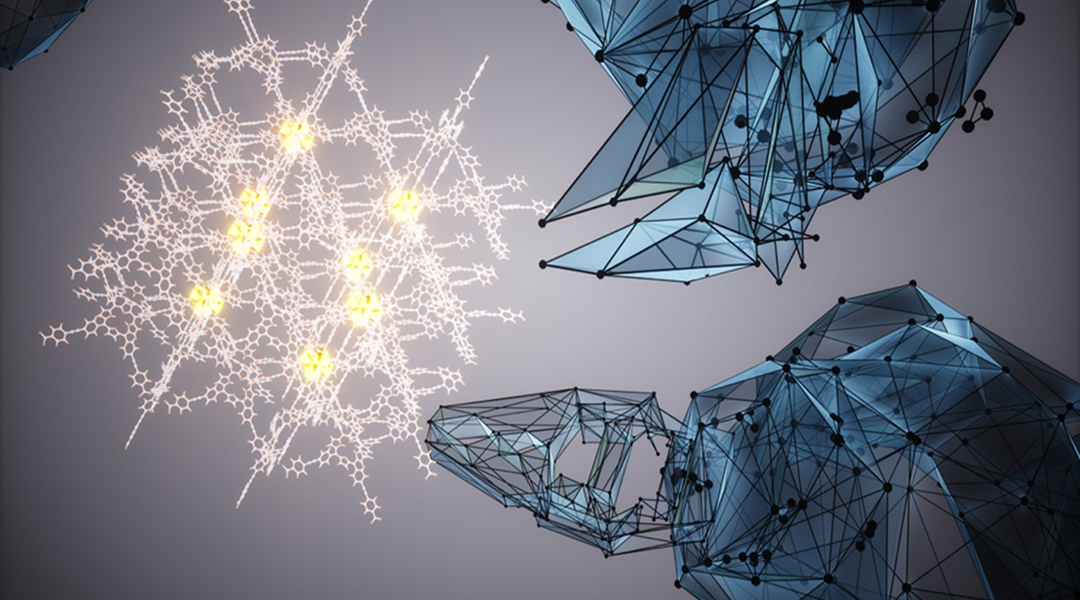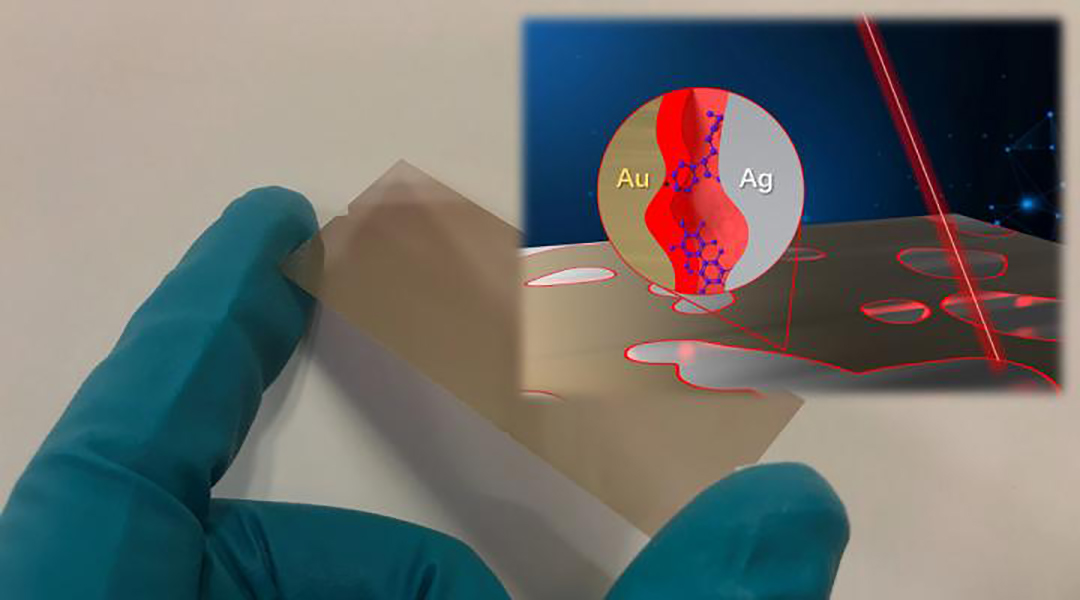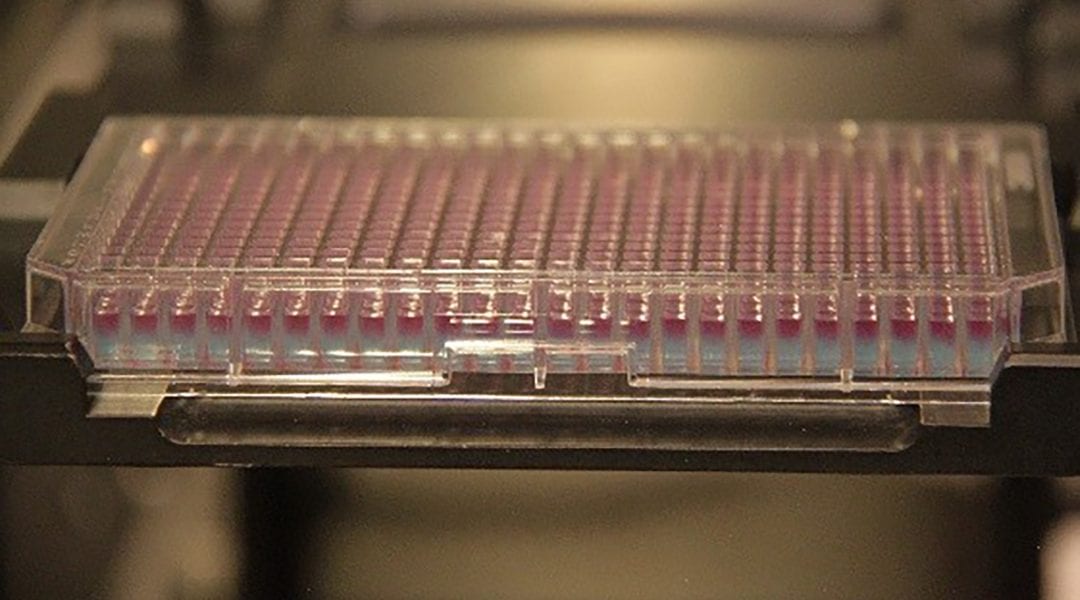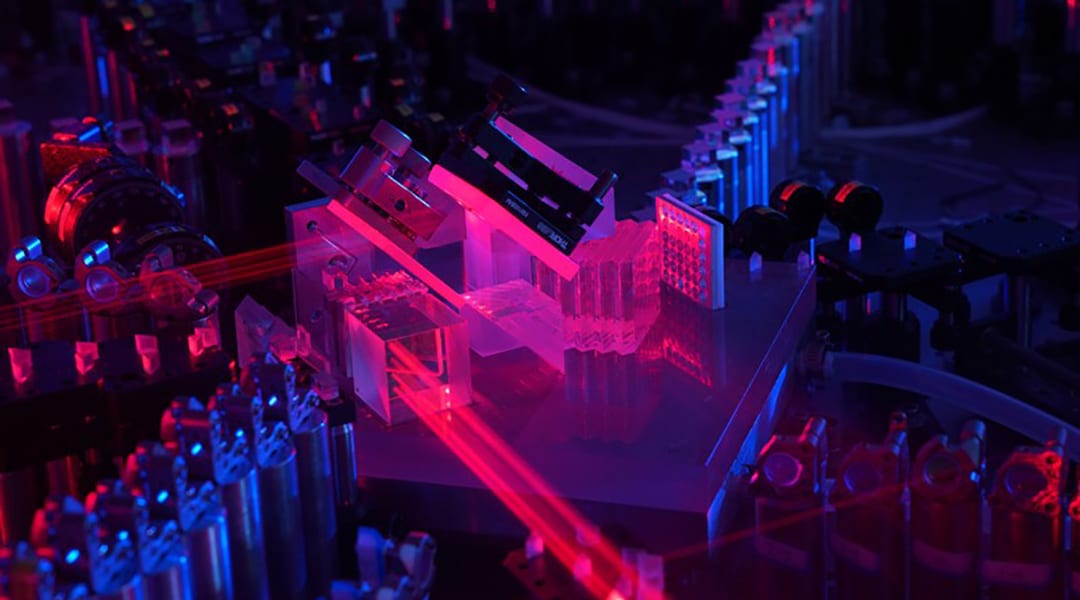A new machine learning strategy searches for desirable materials properties rather than building blocks, which researchers hope will lead to better materials to help spark a green economy.


A new machine learning strategy searches for desirable materials properties rather than building blocks, which researchers hope will lead to better materials to help spark a green economy.

Study shows improvements to chemical sensing chip that aims to quickly and accurately identify drugs and other trace chemicals.

The Achilles heel of supercapacitors as energy storage devices, is gradually being overcome.

A new model helped researchers create a “nanotube color atlas”, which they use to predict the specific colors of 466 different single‐wall carbon nanotubes, revealing a broad spectrum of potentially achievable colors.

Bacteria controlled by magnets could one day deliver medicine directly to the cells that need it.

The process of detecting gamma rays causes serious damage to those detectors. Researchers have developed a large, self-healing crystal that might help to solve this problem.

AI and robotics meet fluidics to accelerate materials development, allowing researchers to create quantum dots in under an hour.

Researchers create a quantum nanochip that is capable of producing stable, high-quality qubits and could open doors for powerful quantum computers.

A temperature-responsive, porous hydrogel enables more efficient and sustained protein synthesis.

The quantum computer named Jiuzhang was able to complete a task 100 trillion times faster than one of the world’s fastest super computers.